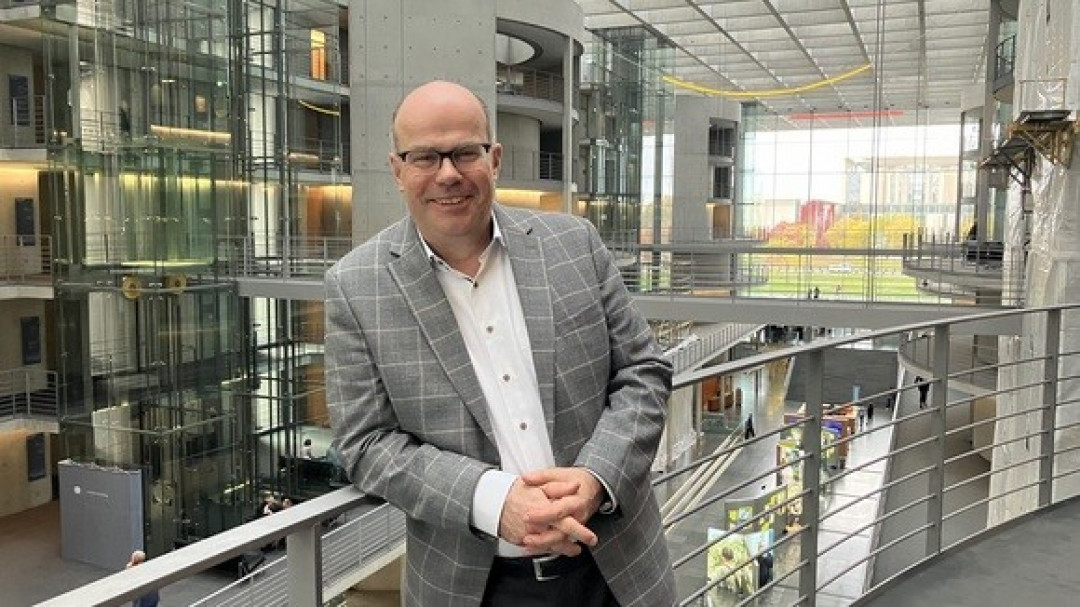
"Without revolutionary innovations, Germany will lose touch with the global innovation leaders. These leap innovations can be existential for the successful transformation of the German economy and for society as a whole. Only politicians can create modern financial and legal foundations for this," demanded Professor Michael Bruno Klein, Managing Director of AiF Arbeitsgemeinschaft industrieller Forschungsvereinigungen e.V., on 8 November 2023 during an expert hearing on the draft law on the Federal Agency for Leap Innovations SPRIND GmbH.
SPRIND was founded in 2019 to realise innovations on behalf of the German government that can replace existing products, technologies or business models in markets through novel solutions and thus shape new markets. SPRIND is designed as a "home for radical new thinkers" and offers spaces in which innovators can take risks and "think differently" in a fundamental way.
"Get the best people, trust them - and pay them well"
So far, SPRIND has only been able to fulfil this claim with a great deal of pain, and Klein sees the main reason for this in the "regulatory" risk aversion: "Risks are part of the SPRIND business. They are a horror for any public administration and contradict all the rules of legally compliant administrative behaviour. The administration needs more support in the form of clear definitions from politicians. That's where the responsibility lies; the administration then implements the rules - one way or another."
The Committee on Education, Research and Technology Assessment of the German Bundestag had requested the expertise of the AiF, which has been supporting the innovation commitment of research-affine companies in Germany for almost seven decades, on the so-called SPRIND Freedom Act. In the comments from Klein and other experts, the main suggestions for improvement are the unrestricted agility of SPRIND and the opportunity for competitive financing of skilled labour. "A ban on better employment prevents the recruitment of very good people, and you need them for SPRIND," says Klein, adding: "Get the best people, trust them - and pay them well."
Reducing bureaucracy, speed, efficiency and economy
He also calls for a reduction in bureaucracy and rejects additional specialised supervision by the Federal Ministry of Education and Research, over and above the current Supervisory Board. This would "inevitably be time-consuming and bureaucratic, which would slow down the speed of innovation projects and contradict the principle of economic efficiency and economy."
Professor Michael Bruno Klein sees the correctness and necessity of SPRIND's founding idea beyond question and emphasises in conclusion: "The federal government has it in its own hands to implement its political will in order to support, accelerate and secure innovation processes. It is never too late to do the right thing."

